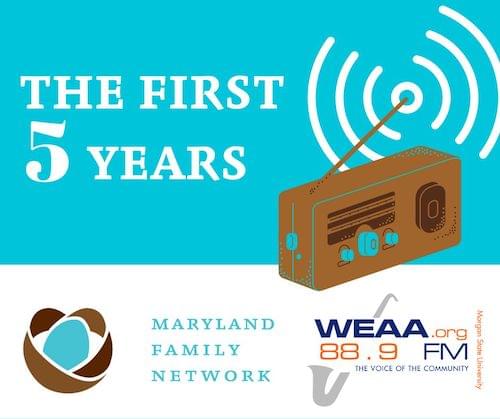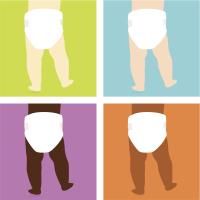Imagine you’re a baby. You love being with mom and dad but there is so much more to learn. You’re excited about child care! But what if child care isn’t there?
Resources
Playtime with dad may improve a child's self-control and make it easier to regulate their behavior and emotions as they grow up. Listen to find out why.
Resources
If you’ve been crazily working from home with your pre-schooler, and are now ready to send them back to child care, you may not want to hear this: you’re not done. The University of Arizona says parental involvement in your little one’s child care experience, is a major indicator of whether that child arrives at Kindergarten ready to learn.
Resources
As Congressional leaders develop the next, and perhaps final, piece of COVID-19 relief legislation, they must act to protect child care providers. The future of our Nation, our economy, and our children, depends upon it.
Resources
Over 60% of Americans have one or more adverse childhood experience or ACE, which are linked to chronic mental and physical health problems, substance misuse, and underemployment in adulthood. We can change this by investing in our children. Listen and learn how.
Resources
COVID-19 is making many parents scared to take their children places. But this aversion is having unintended and life threatening implications – few immunizations. Listen now to find out more.
Resources
“Benevolent sexism” can start early and persist throughout life. Talking to your kids about perpetuating stereotypes early can break this cycle. Listen now to learn more.
Resources
The website Embrace Erase says that by six months of age babies are noticing racial differences. By age four they’re beginning to show signs of racial bias. Talk with your child about what racial differences mean and what they don’t mean. You are their most important teacher.
Resources
10 Tips for Teaching and Talking to Kids About Race (EmbraceRace)
Fifty-one percent of Maryland child care providers say they may permanently close if families must continue to keep children home for extended periods as a result of the COVID-19 pandemic. This according to a new survey from Maryland Family Network.











